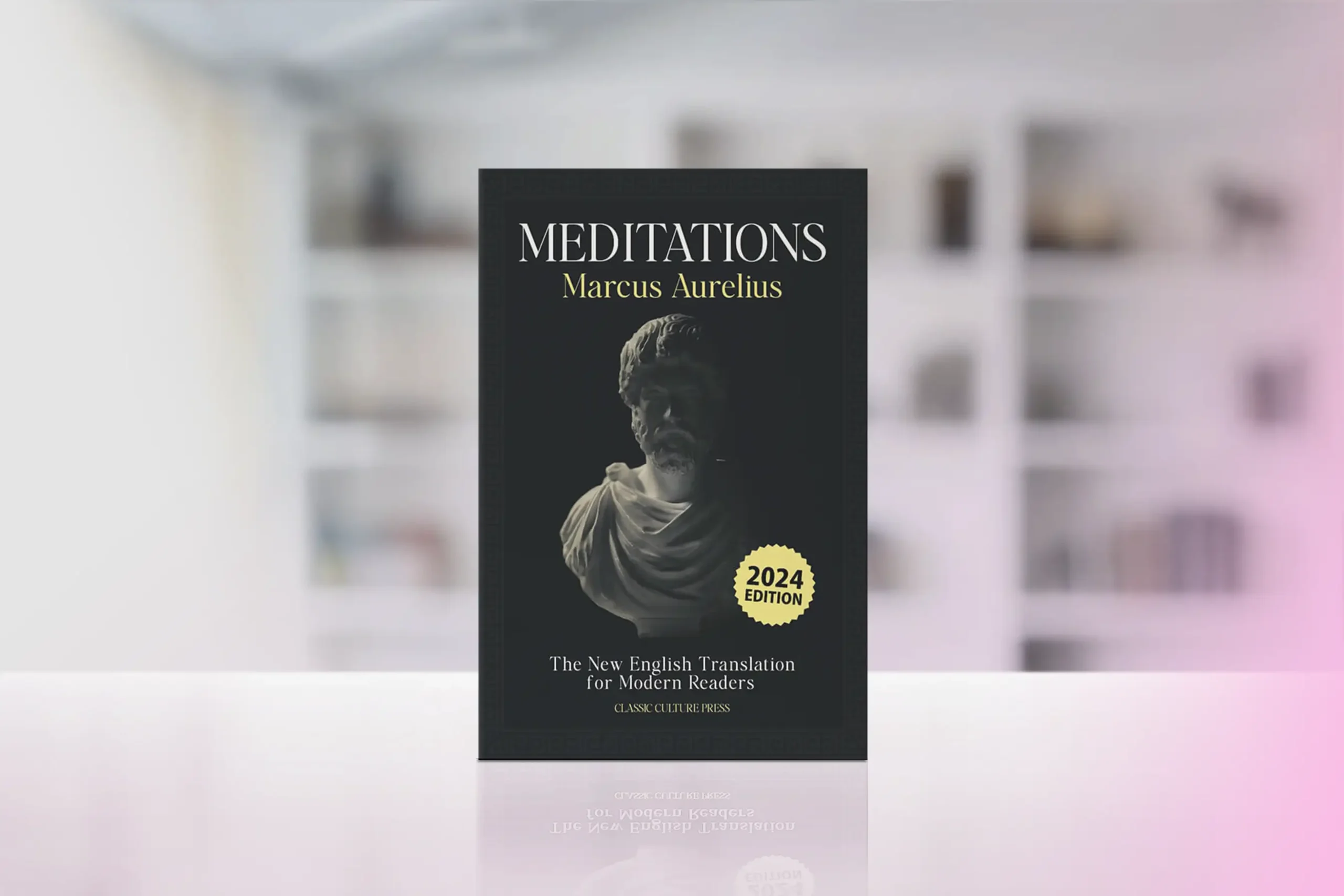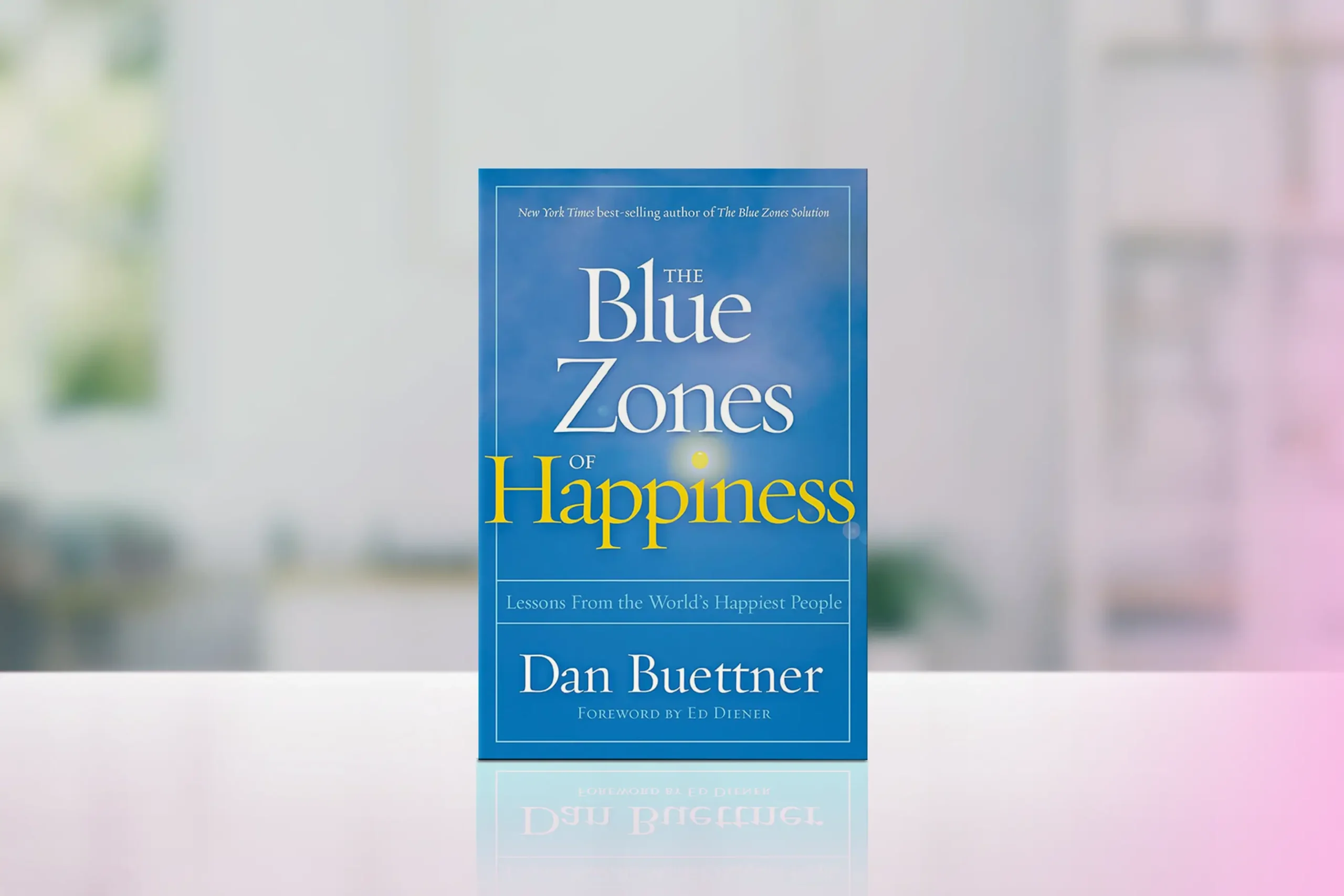In the vast sea of self-help and philosophical literature, few works have endured like Marcus Aurelius’ “Meditations”. Written nearly two millennia ago by the Roman Emperor as a series of personal reflections, this profound book offers timeless wisdom, practical guidance for self-discipline, and deep insights into the human condition through the lens of Stoicism.
Despite its ancient origins, “Meditations” remains remarkably relevant, providing readers with philosophy-driven clarity, comfort, and inspiration to navigate the complexities of modern life. Let’s explore this enduring classic and uncover how its reflective teachings can transform our approach to life’s challenges.
Core Concepts
“Meditations” revolves around several key Stoic principles that form the foundation of his philosophy:
- The importance of living in accordance with nature and reason
- Accepting what is beyond our control and focusing on our own thoughts and actions
- The transient nature of all things and the need to embrace change
- The interconnectedness of all human beings and our duty to serve the greater good
- The practice of self-reflection and continuous self-improvement
- The cultivation of virtues such as wisdom, justice, courage, and self-control
Through these concepts, Marcus Aurelius offers a practical philosophy for navigating life’s challenges with grace and resilience.
Chapter-by-Chapter Review
Book 1
Marcus begins by expressing gratitude for the positive influences in his life, acknowledging the virtues he learned from various individuals. This sets the tone for the reflective nature of the entire work.
Book 2
Here, Marcus reflects on the brevity of life and the importance of living in the present moment. He emphasizes the power of perception in shaping our reality.
Book 3
This section focuses on the importance of rational thinking and the need to align our actions with nature’s laws. Marcus explores the concept of death as a natural part of life.
Book 4
Marcus delves deeper into Stoic principles, discussing the cosmic order and our place within it. He emphasizes the importance of inner peace and self-control.
Book 5
This book contains reflections on social interactions, duty, and the nature of good and evil. Marcus emphasizes the importance of focusing on one’s own character rather than judging others.
Books 6-12
The remaining books continue to explore Stoic themes, offering practical advice on dealing with adversity, maintaining perspective, and living virtuously. Marcus repeatedly returns to key ideas, reinforcing their importance through repetition and varied examples.
Key Strengths
- Offers timeless wisdom applicable to modern life challenges
- Provides practical strategies for maintaining inner peace and resilience
- Written in an accessible, reflective style that invites personal introspection
- Emphasizes personal responsibility and the power of individual choice
- Encourages a broader, more philosophical perspective on life’s ups and downs
Potential Drawbacks
- The non-linear structure may be challenging for some readers
- Some concepts are repeated frequently, which might feel redundant to some
- The historical context and references may require additional research for full understanding
Who This Book Is For
“Meditations” offers valuable insights for a wide range of readers, including:
- Those seeking practical wisdom for navigating life’s challenges
- Individuals interested in Stoic philosophy and its applications
- Anyone looking to develop greater emotional resilience and inner peace
- Readers interested in self-reflection and personal growth
Final Review
“Meditations” is a remarkable work that continues to resonate with readers across centuries. Its enduring power lies in its practical wisdom and the universal nature of the human experiences it addresses.
The book’s strength is its ability to offer profound insights in simple, often poetic language. His personal reflections feel intimate and relatable, allowing readers to connect with his thoughts on a deep level. The emphasis on personal responsibility and the power of our own perceptions is particularly empowering.
While the non-linear structure and repetitive nature of some passages may challenge some readers, these aspects also allow for a more meditative reading experience. Each return to a key idea offers a chance for deeper understanding and integration of the wisdom offered.
Rating: 4.7/5
This book is an invaluable guide to living a more thoughtful, resilient, and virtuous life, offering timeless wisdom that can transform your perspective on daily challenges and life’s biggest questions.
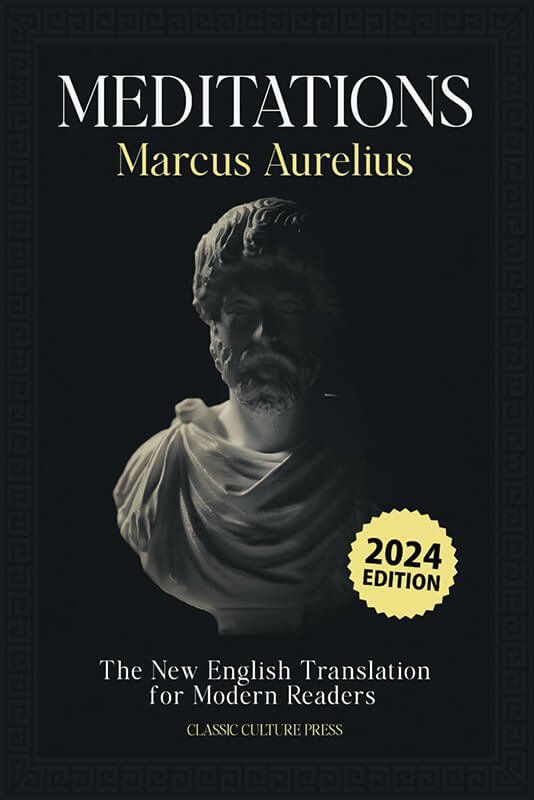
Alternative Books
If you find value in “Meditations,” you might also appreciate these related books:
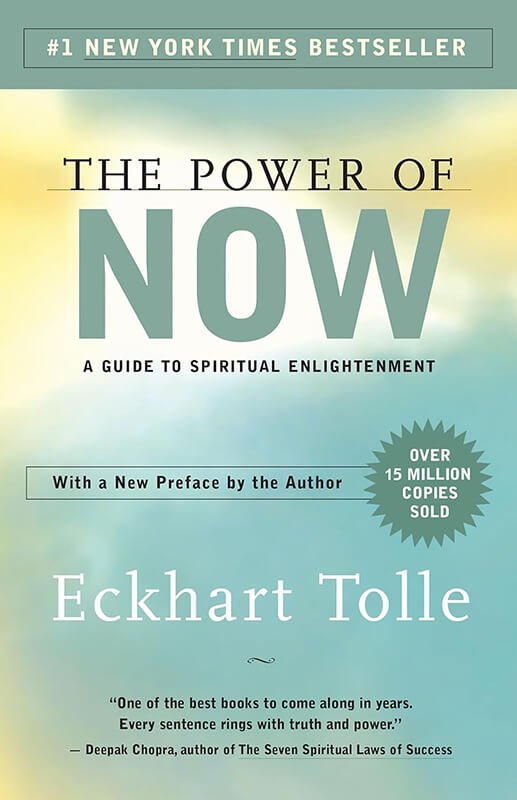
The Power of Now by Eckhart Tolle
A guide to spiritual enlightenment that emphasizes living in the present moment as a path to happiness and inner peace.
Rating: 4.6/5

Man’s Search for Meaning by Viktor E. Frankl
A powerful exploration of finding purpose and meaning in life, even in the face of extreme suffering.
Rating: 4.7/5
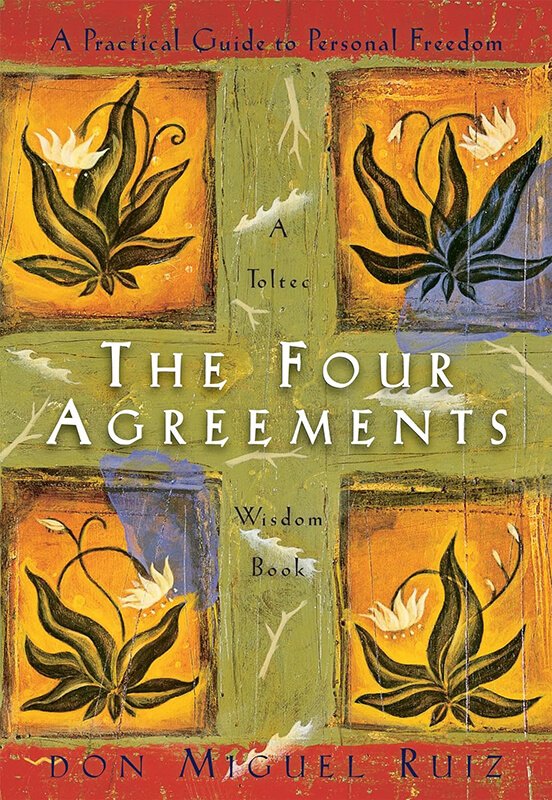
The Four Agreements by Don Miguel Ruiz
A practical guide to personal freedom based on ancient Toltec wisdom, offering four principles for a happier life.
Rating: 4.7/5

